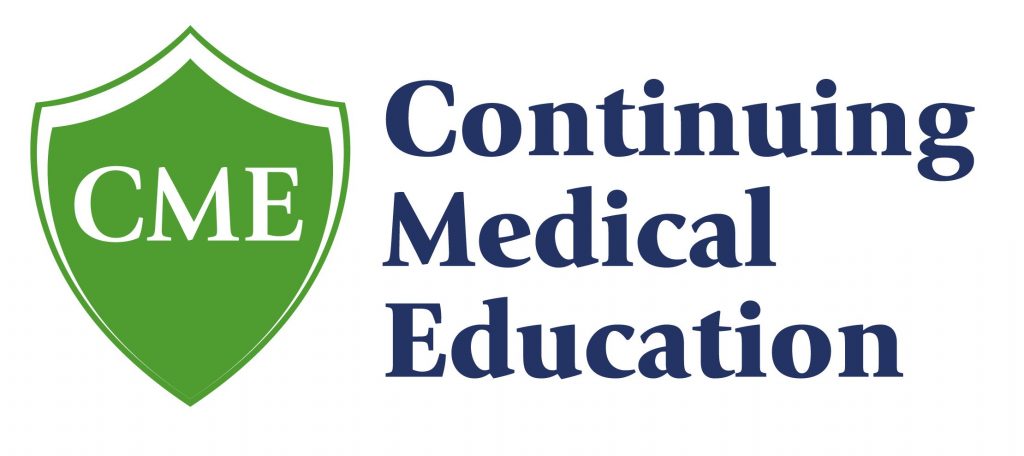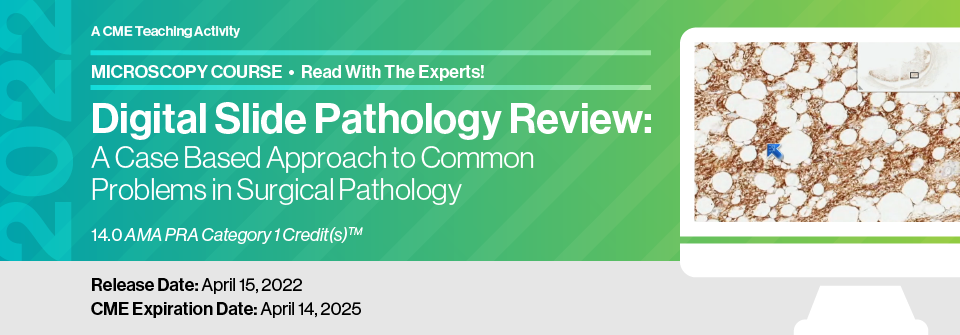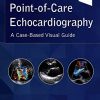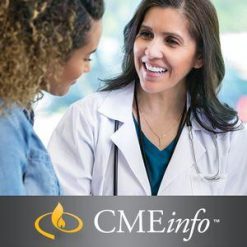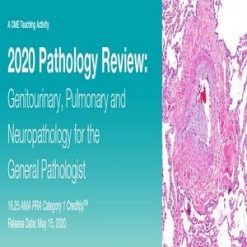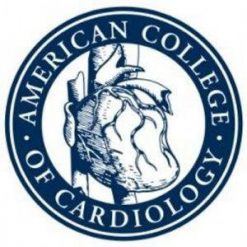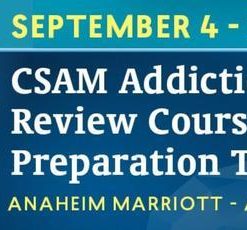-
×
 The NeuroReady: Advanced Practice Providers Edition 2021
1 × $40
The NeuroReady: Advanced Practice Providers Edition 2021
1 × $40 -
×
 Rehabilitation of the Hand and Upper Extremity, 2-Volume Set, 7th edition (Videos Only, Well Organized)
1 × $9
Rehabilitation of the Hand and Upper Extremity, 2-Volume Set, 7th edition (Videos Only, Well Organized)
1 × $9 -
×
 Diagnostic Imaging: Obstetrics, 4th edition (Videos Only, Well Organized)
1 × $20
Diagnostic Imaging: Obstetrics, 4th edition (Videos Only, Well Organized)
1 × $20 -
×
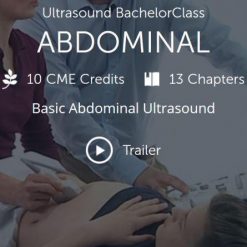 123Sonography Abdominal Ultrasound BachelorClass 2019
1 × $30
123Sonography Abdominal Ultrasound BachelorClass 2019
1 × $30 -
×
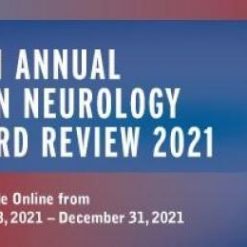 18th Annual Penn Neurology Board Review Course 2021
1 × $50
18th Annual Penn Neurology Board Review Course 2021
1 × $50 -
×
 10-Volume Toriumi Rhinoplasty Video Library
1 × $75
10-Volume Toriumi Rhinoplasty Video Library
1 × $75 -
×
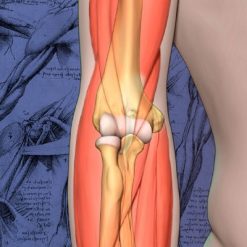 2020 Mayo Clinic Teach the Teachers Elbow Course – Forging the Future
1 × $25
2020 Mayo Clinic Teach the Teachers Elbow Course – Forging the Future
1 × $25 -
×
 Neurology MOC 2021 Online Review
1 × $70
Neurology MOC 2021 Online Review
1 × $70 -
×
 Audio Digest Psychiatry 2020 (CME AUDIO)
1 × $30
Audio Digest Psychiatry 2020 (CME AUDIO)
1 × $30 -
×
 AANS APP Master Sessions 2021
1 × $50
AANS APP Master Sessions 2021
1 × $50 -
×
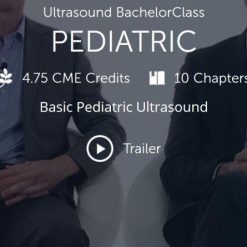 123Sonography Pediatric Ultrasound BachelorClass 2019
1 × $30
123Sonography Pediatric Ultrasound BachelorClass 2019
1 × $30 -
×
 29th Harvard Annual Update Neurology 2021
1 × $70
29th Harvard Annual Update Neurology 2021
1 × $70 -
×
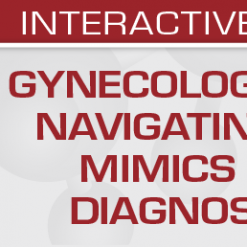 USCAP Gynecologic Pathology: Navigating Histologic Mimics and Other Diagnostic Pitfalls 2021
1 × $80
USCAP Gynecologic Pathology: Navigating Histologic Mimics and Other Diagnostic Pitfalls 2021
1 × $80 -
×
 2019 Classic Lectures in Sports Medicine Imaging
1 × $25
2019 Classic Lectures in Sports Medicine Imaging
1 × $25 -
×
 Classic Lectures in PET/CT Imaging 2021
1 × $60
Classic Lectures in PET/CT Imaging 2021
1 × $60 -
×
 Assessment and Effective Treatment of Alcohol and Substance Abuse Disorders 2021
1 × $40
Assessment and Effective Treatment of Alcohol and Substance Abuse Disorders 2021
1 × $40 -
×
 2021 Eurasian Aesthetic Plastic Surgery Course Videos
1 × $40
2021 Eurasian Aesthetic Plastic Surgery Course Videos
1 × $40 -
×
 2020 Lung Imaging Highlighting Lung Cancer Screening and Interstitial Lung Disease
1 × $50
2020 Lung Imaging Highlighting Lung Cancer Screening and Interstitial Lung Disease
1 × $50
Digital Slide Pathology Review is designed to provide a review of key topics in different areas of surgical pathology, including breast, gynecologic, orthopedic, head and neck, and soft tissue pathology. This activity provides an update and an overview of some of the most important diagnostic features which allow the practicing pathologist to make accurate diagnoses, as well as clues as to how to avoid the common diagnostic pitfalls. Also included is a discussion of appropriate ancillary diagnostic techniques which help to serve in rendering a final diagnosis.
Target Audience
This CME activity is primarily designed to educate practicing pathologists.
Educational Objectives
At the completion of this CME teaching activity, you should be able to:
- Discuss the most common patterns seen in soft tissue tumors.
- Recognize the most commonly used immunohistochemical and molecular techniques used in the diagnosis of soft tissue tumors.
- Identify the limitations and potential pitfalls of immunohistochemistry and molecular testing in head and neck pathology.
- Cite the most important changes in the WHO classification of cartilaginous neoplasms.
- Differentiate the most common benign and malignant cartilaginous tumors.
- Utilize information on the uses and limitations of immunohistochemistry in resolving diagnostic problems in breast core needle biopsy specimens.
- Review the updated guidelines for ER, PR, and HER2 testing in breast cancer.
- Recognize the uses and limitations of immunohistochemistry in resolving diagnostic problems in spindle cell lesions of the breast.
- Describe the most common differential diagnoses in genitourinary pathology.
- Provide accurate classification and appropriate use of ancillary studies in endometrial lesions.
- Review the recent updates in the WHO classification of tumors of the gynecologic tract.
- Discuss the most common causes of inflammation and injury to the stomach.
- Identify the diagnostic considerations of eosinophilic tumors of the kidney.
Program
A Pattern-Based Approach to Soft Tissue Tumors, Part 1
John R. Goldblum, M.D.
Biopsies and Biomarkers in Genitourinary Pathology
Michelle S. Hirsch, M.D., Ph.D.
Cartilaginous Neoplasms: The Essentials
Darcy Arendt Kerr, M.D.
Endometrial Pathology for the Practicing Pathologist
Marisa Rose Nucci, M.D.
Breast Spindle Cell Lesions
Ashley Cimino-Mathews, M.D.
A Pattern-Based Approach to Soft Tissue Tumors, Part 2
John R. Goldblum, M.D.
Breast Papillary Lesions
Ashley Cimino-Mathews, M.D.
Squamous Lesions of the Head and Neck and Their Mimics
Darcy Arendt Kerr, M.D.
The Differential Diagnosis of Eosinophilic Renal Epithelial Neoplasms
Michelle S. Hirsch, M.D., Ph.D.
Gastric Inflammation and Injury: When What You Say Actually Matters
Rhonda K. Yantiss, M.D.
Updates from the WHO 2020 Classification of Tumors of the GYN Tract for the Practicing Pathologist
Marisa Rose Nucci, M.D.
Dealing with Duodenitis: Sprue and Its Mimics
Rhonda K. Yantiss, M.D.
CME Release Date 4/15/2022
CME Expiration Date 4/14/2025
